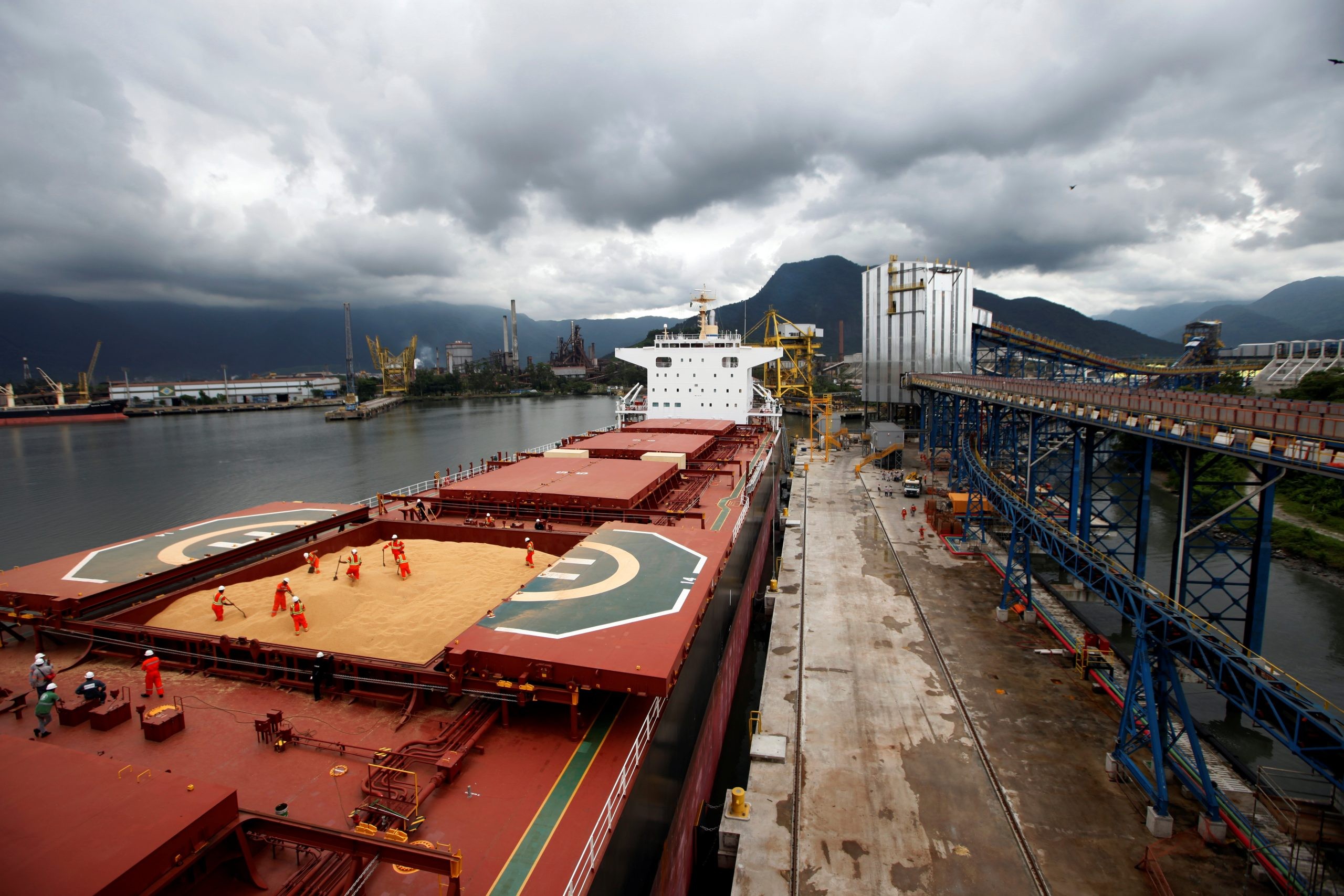Black Sea Grain Deal At Risk Again

Russia says the Black Sea grain deal may not continue beyond mid-May unless several obstacles are removed to export grain and fertilizer.
Stone X Group Chief Commodities Economist Arlan Suderman says the continued back-and-forth is likely a negotiation tactic.
“Russian grain is moving at full capacity of what its ports can handle. Fertilizer is moving as well. Sanctions have made things more difficult, but it’s moving. What it tells me is sanctions are having a serious impact on Russia’s economy.”
He says the uncertainty in the Black Sea region continues to affect U.S. wheat and corn prices.
Svitlana Synkovska, a Ukrainian agribusiness consultant, says Russia is not a stable supplier.
“The situation could be a game changer for American grain and supplies to other countries like Egypt who used to buy from Ukraine.”
Suderman says Russia is stable, because it can produce and export a lot of grain, but it is unknown how the grain will be used as a possible global weapon of war. He says there is also an expectation the Black Sea grain deal will be extended in the short-term, but there’s also a chance Russia could block Ukrainian grain movement again.
Read also
BLACK SEA GRAIN.KYIV- Agenda Announced!
Romanian Sunseed at the Edge of a Record: Tight Supply, Export Pull and Price Tens...
EU forecasts a significant reduction in potato areas
Brazil’s soy sustainability agreement threatened by antitrust investigation
Indonesia’s palm oil production to grow 2-3% this year – GAPKI
Write to us
Our manager will contact you soon



